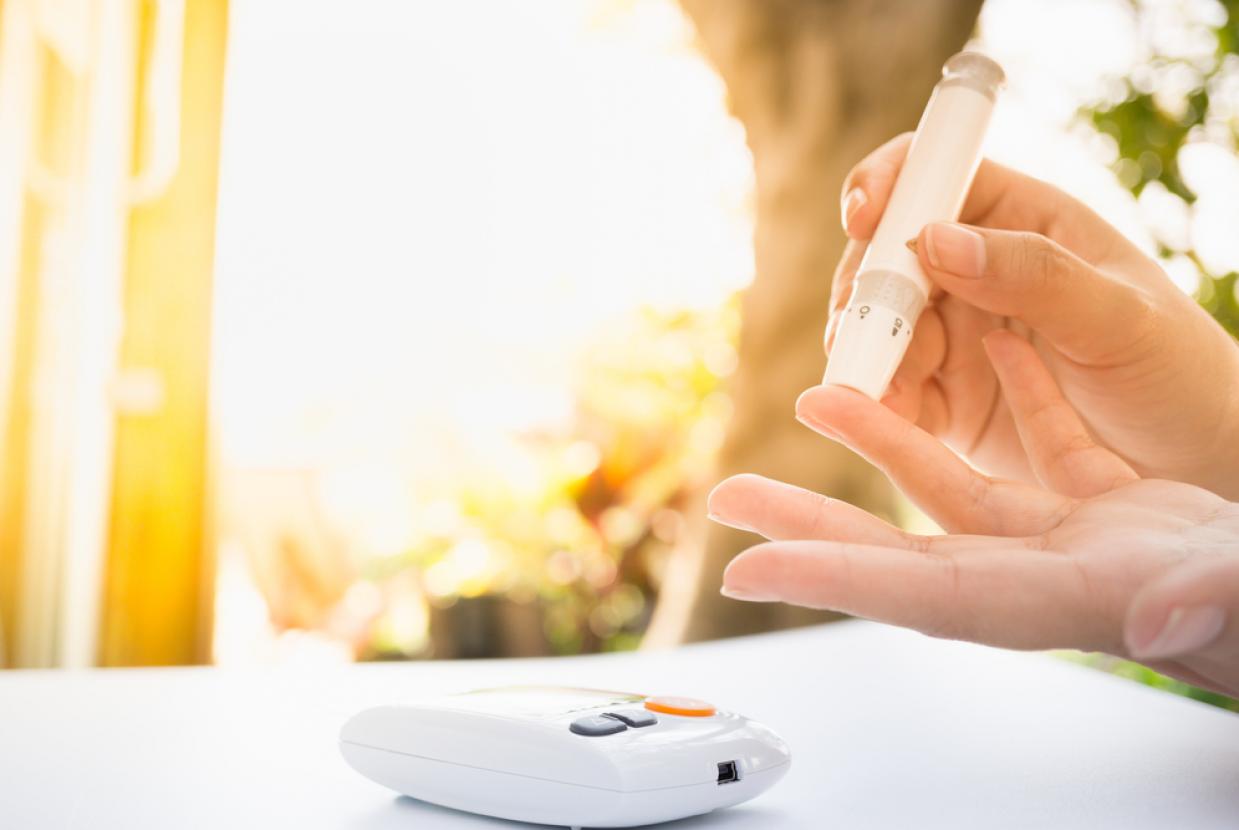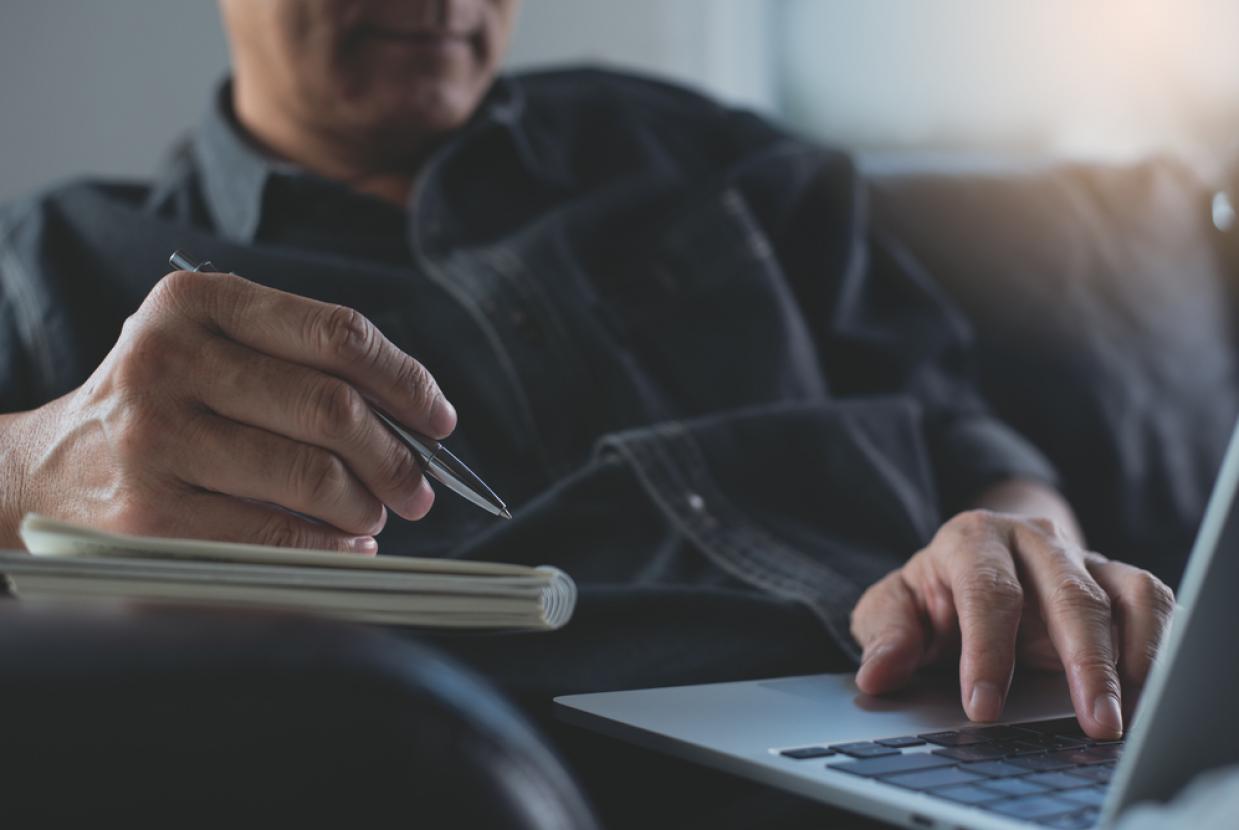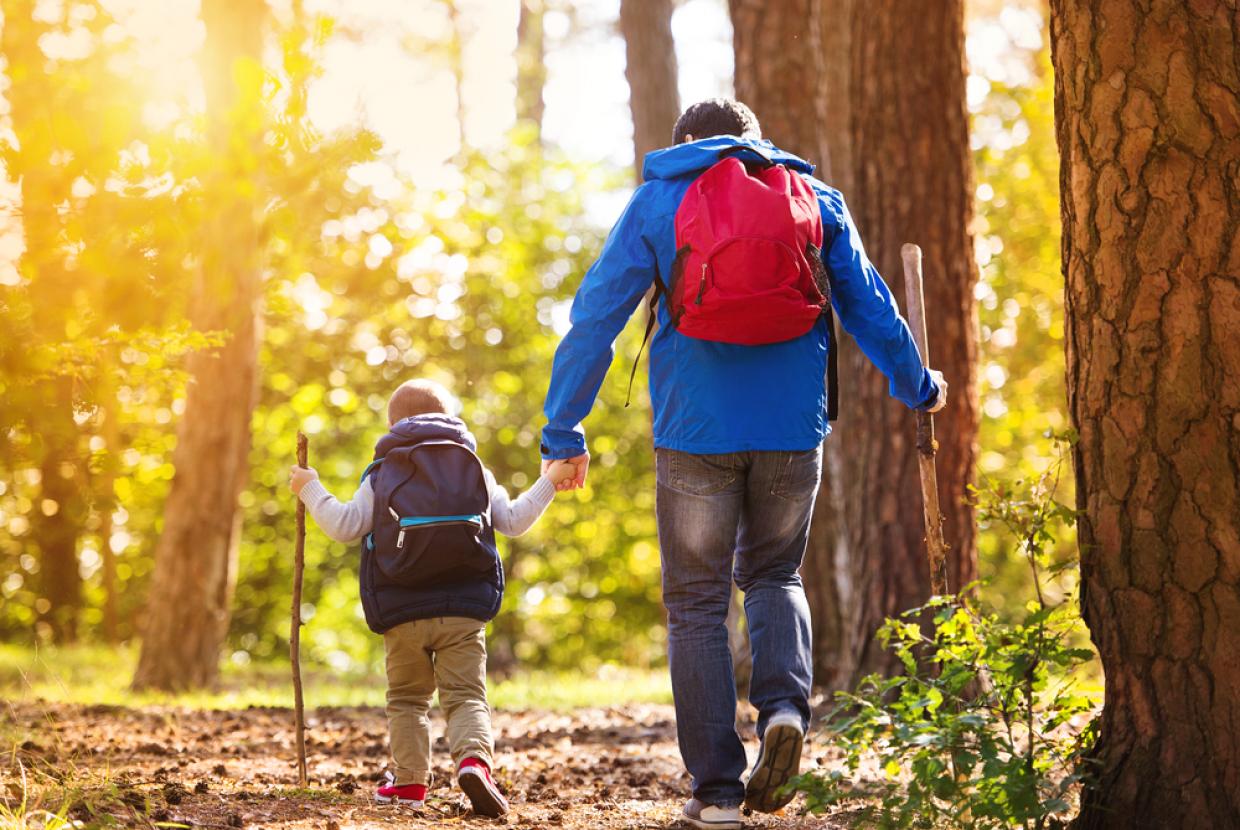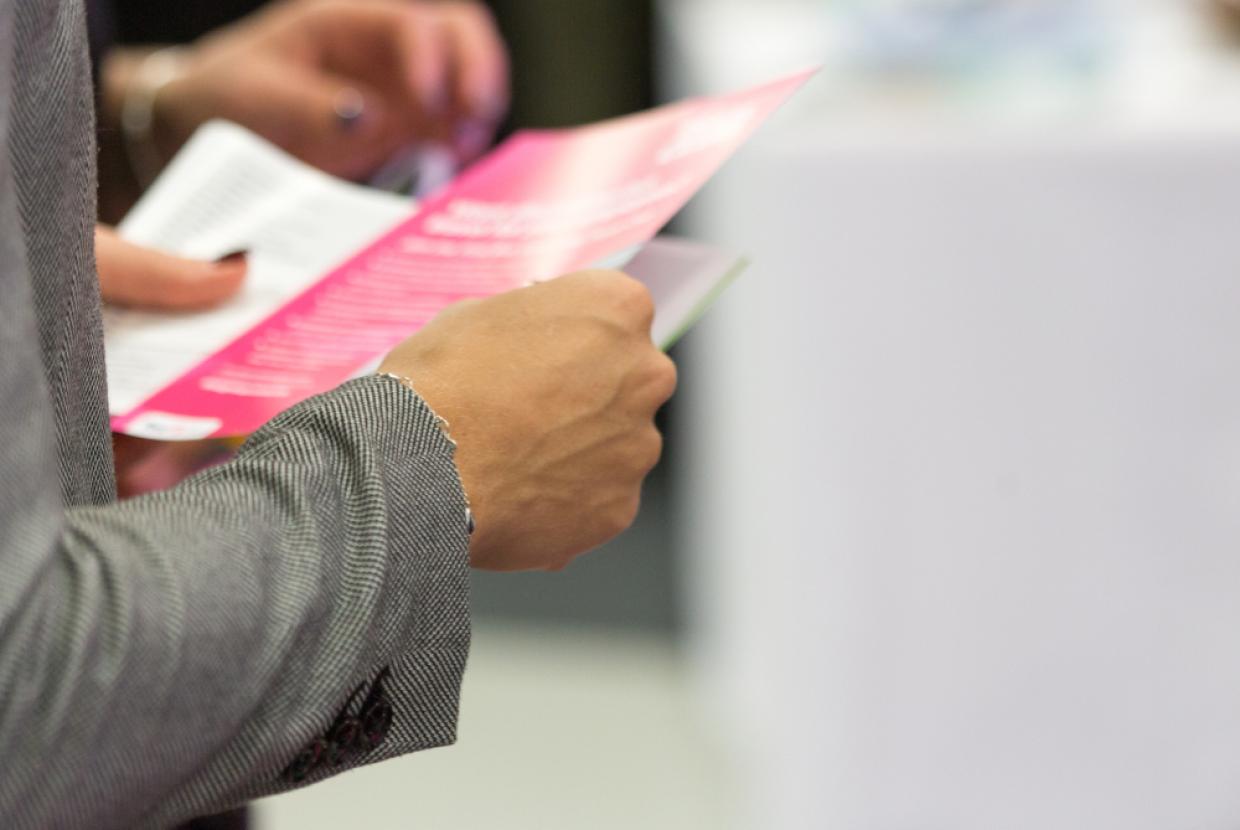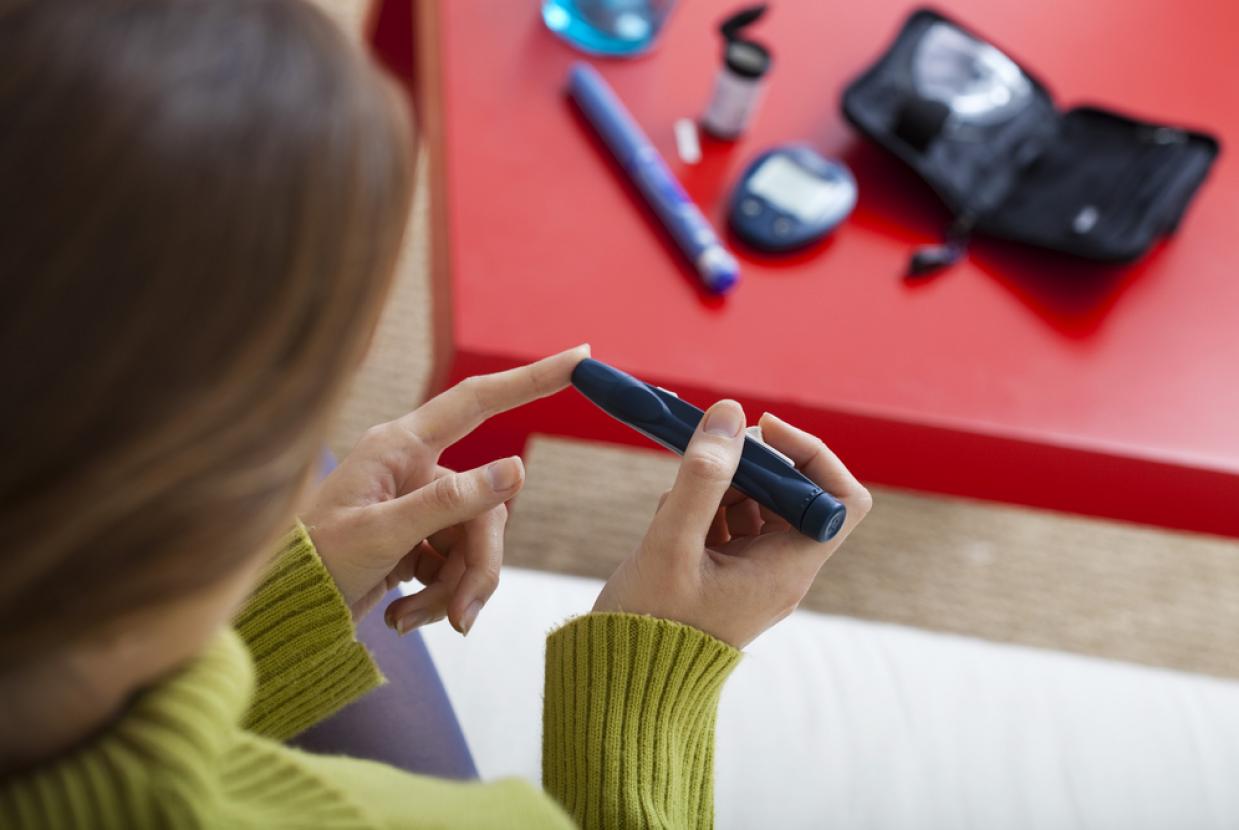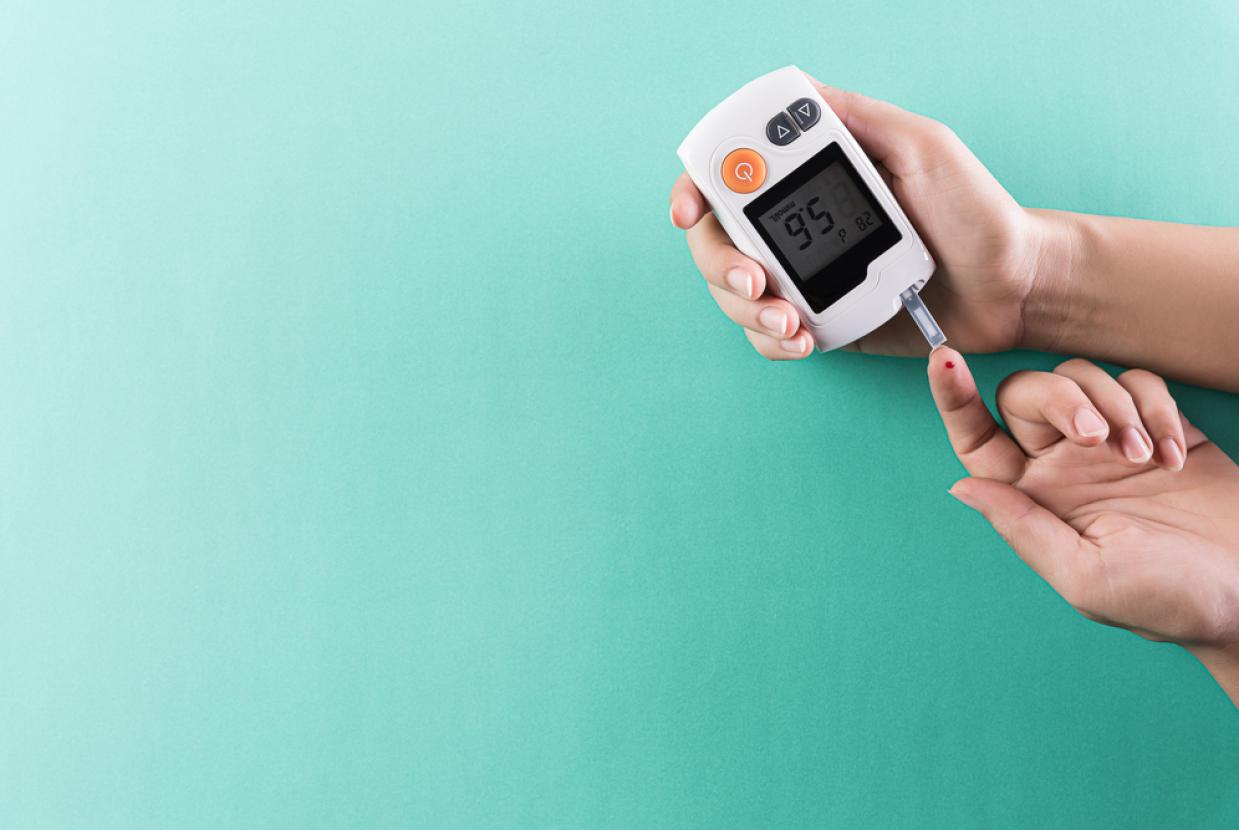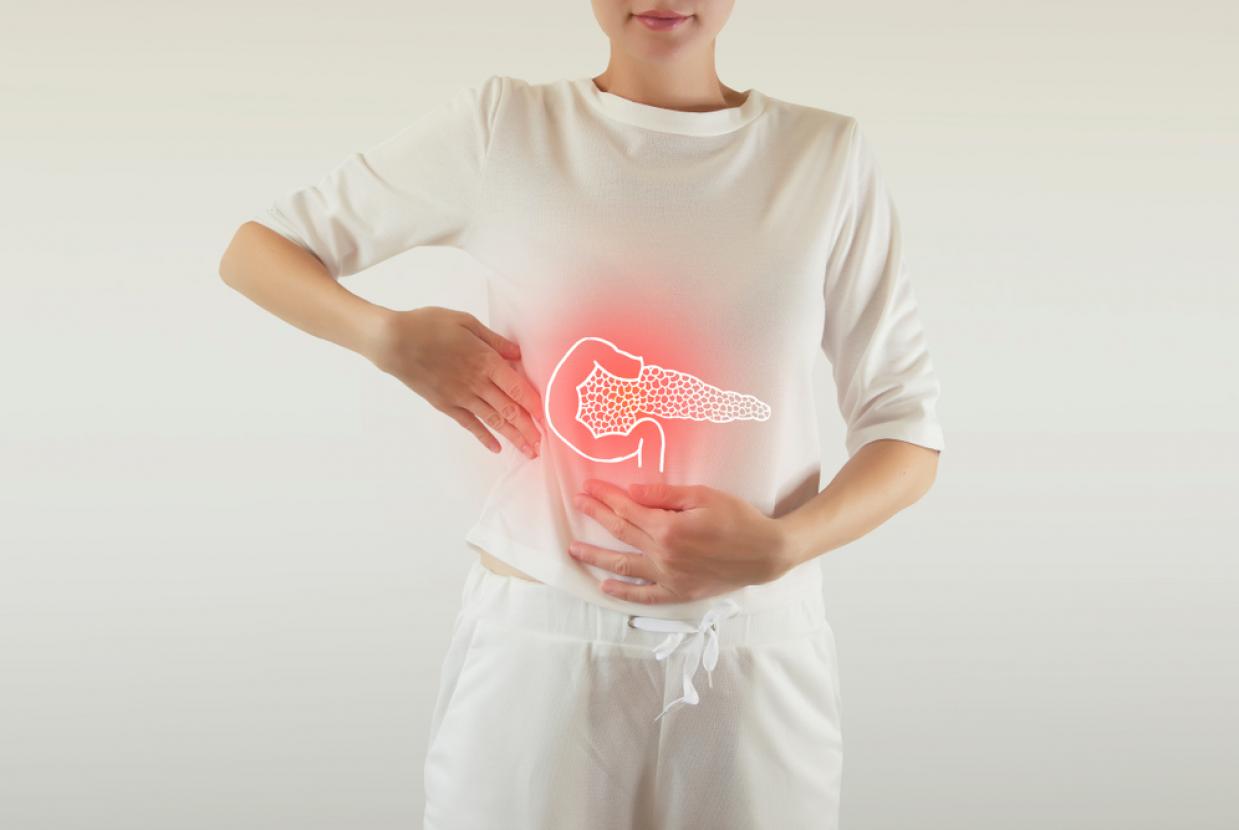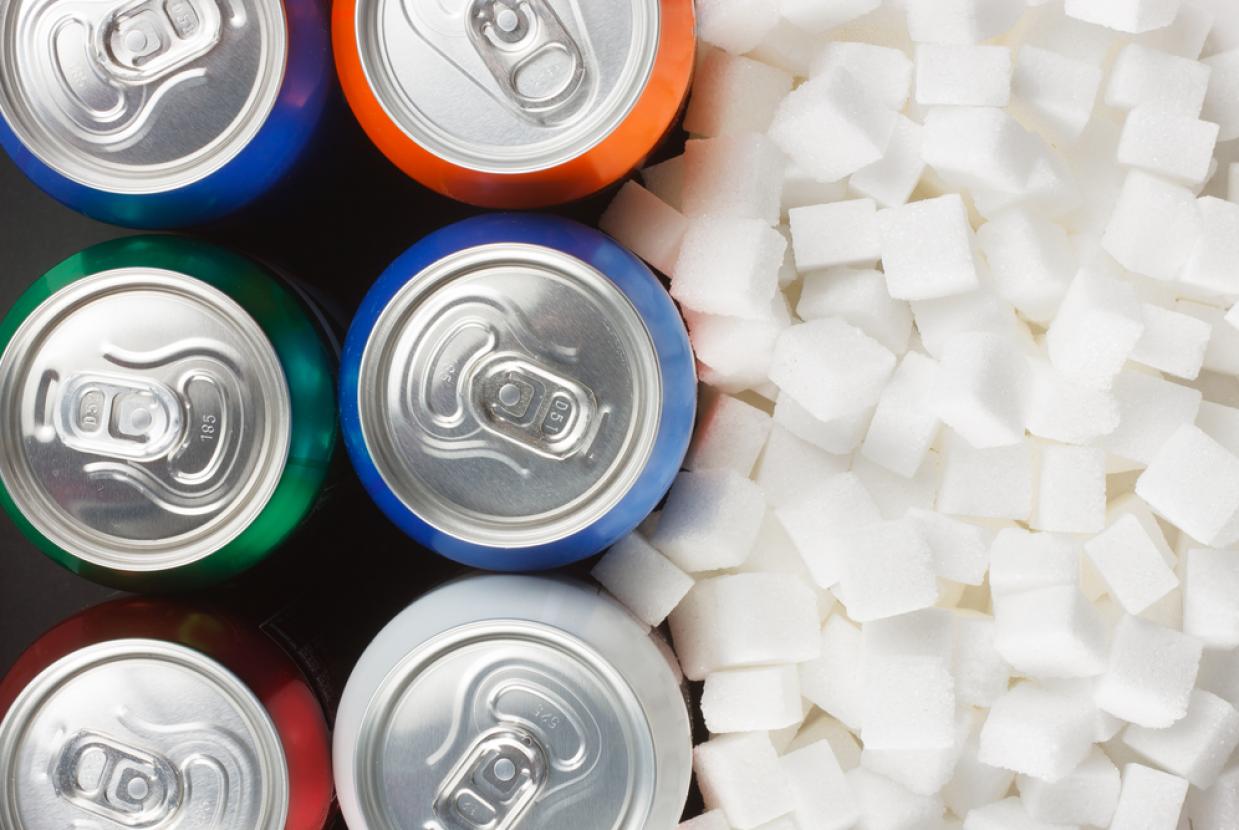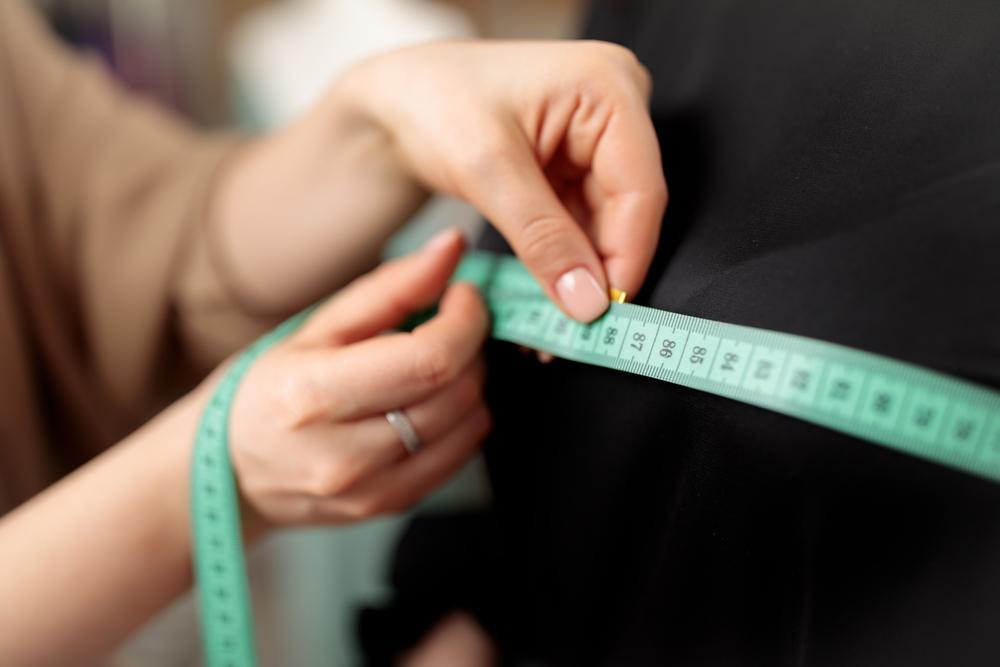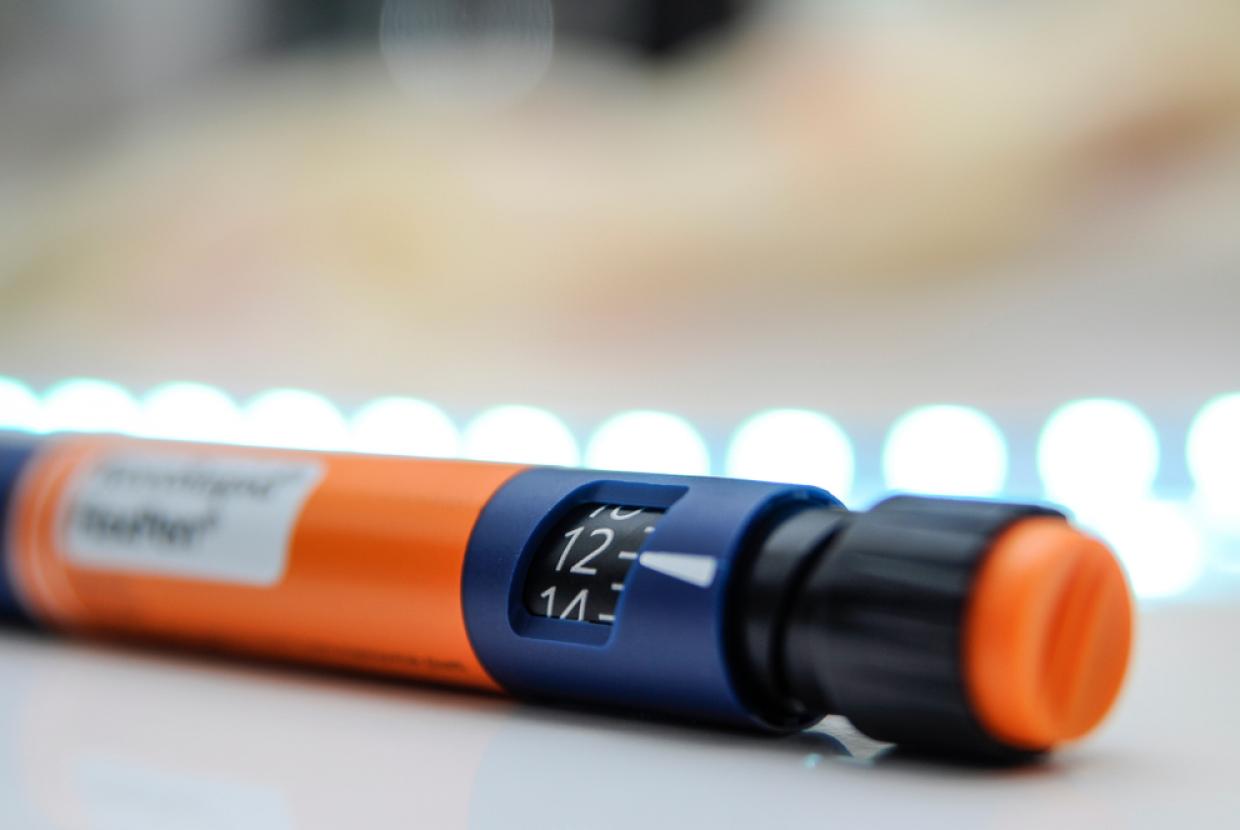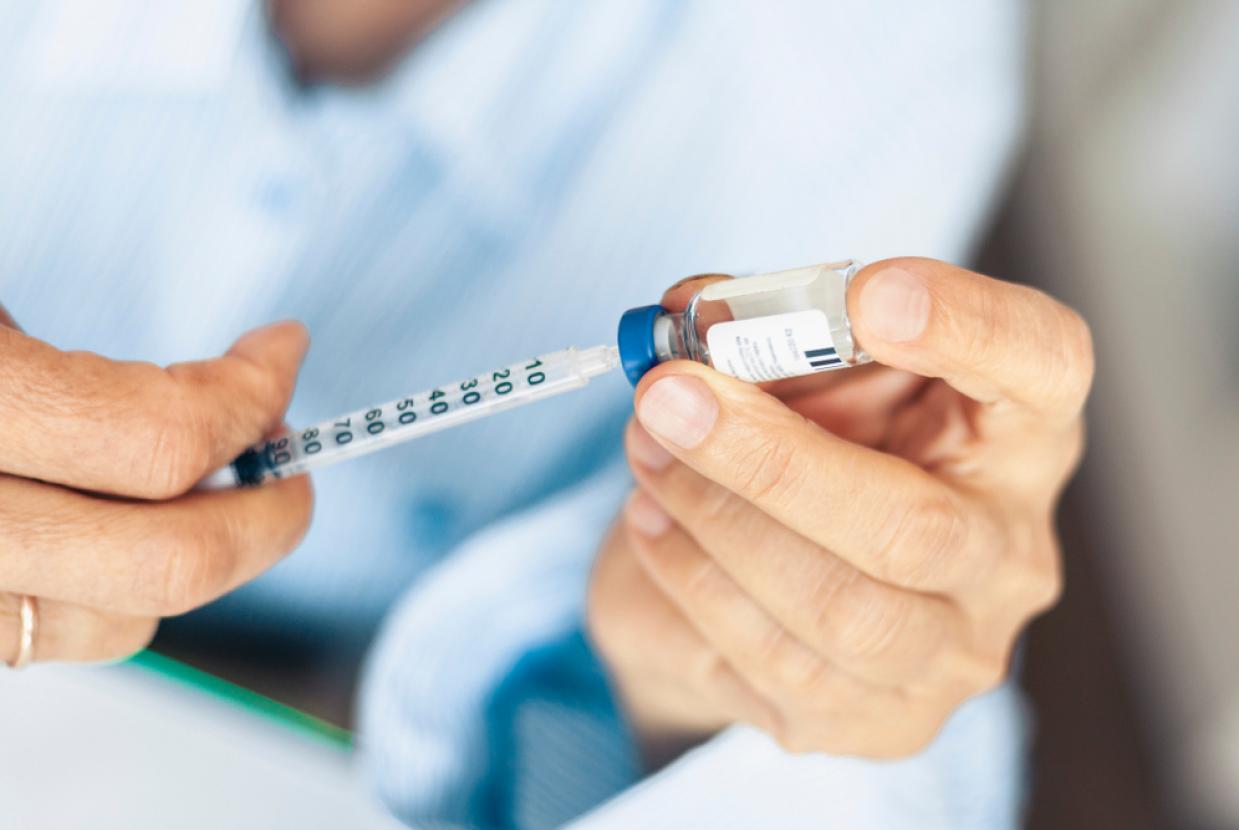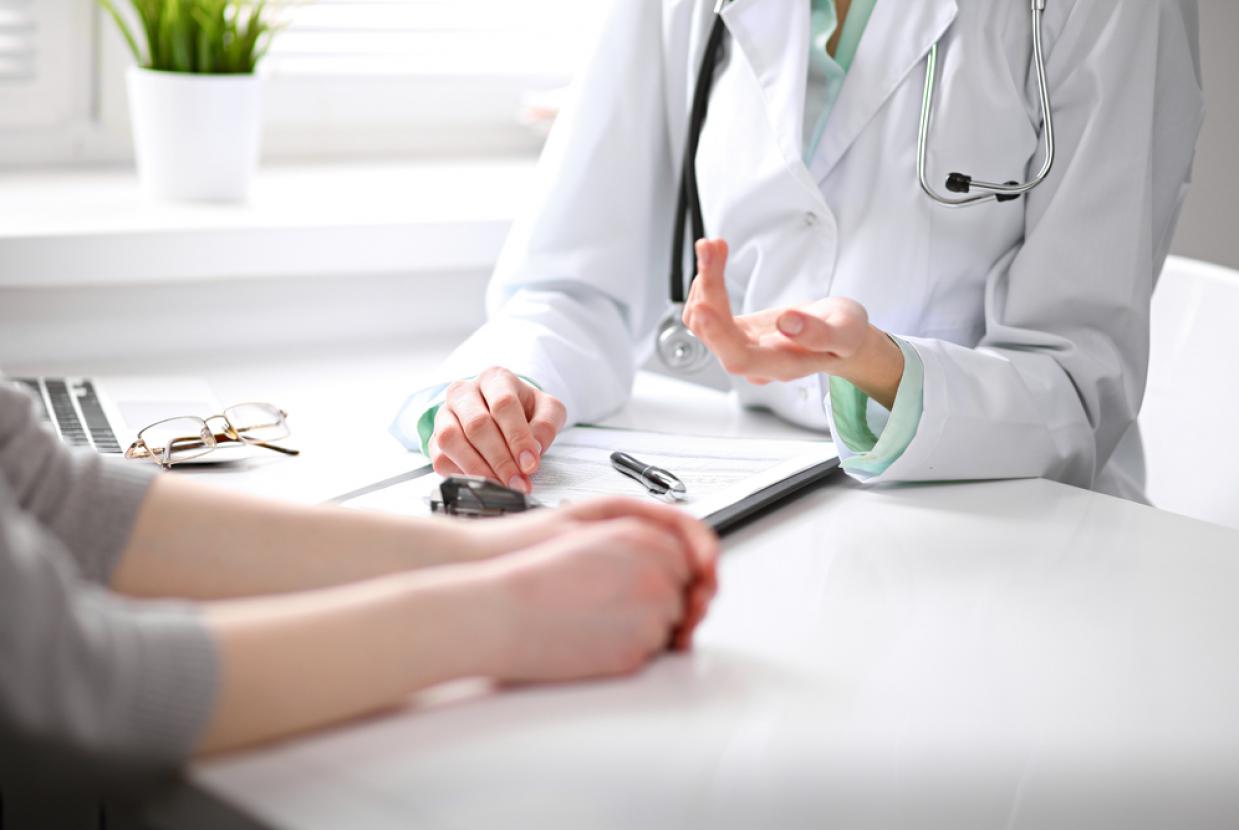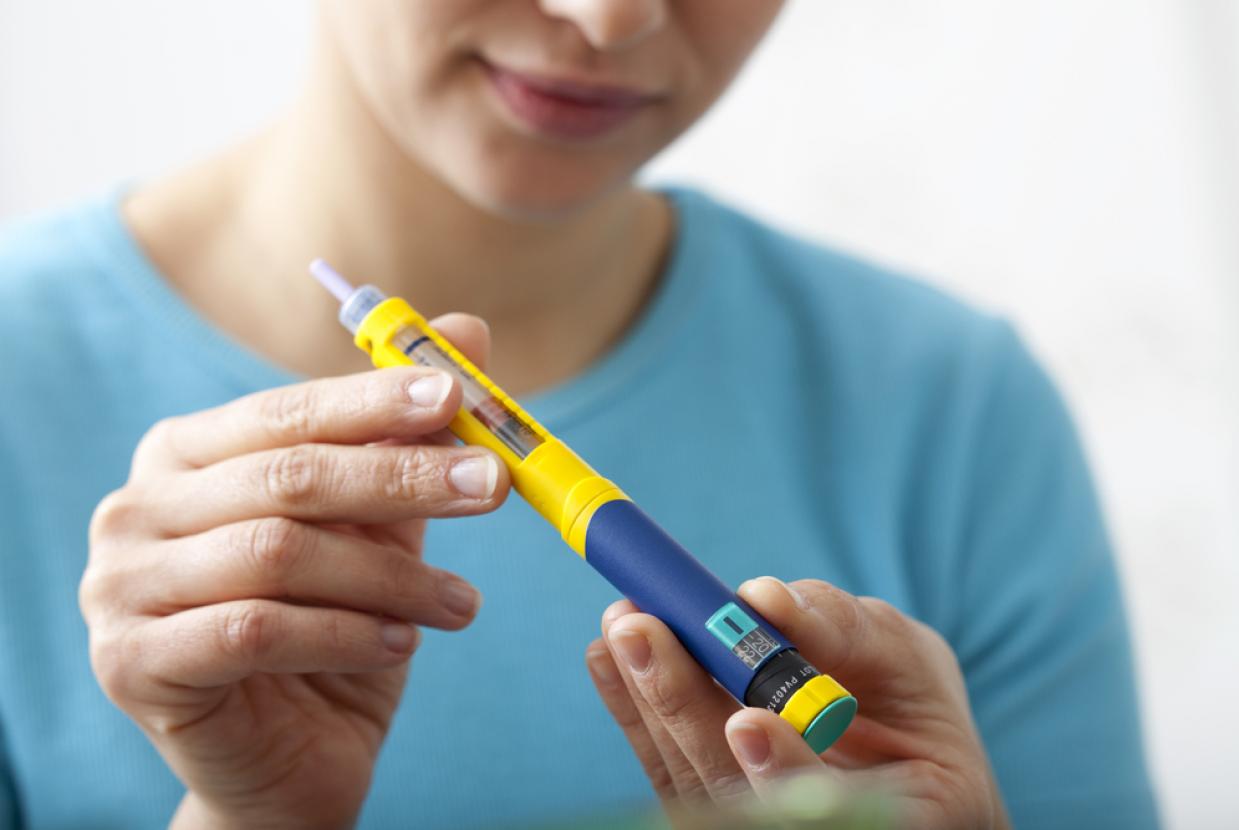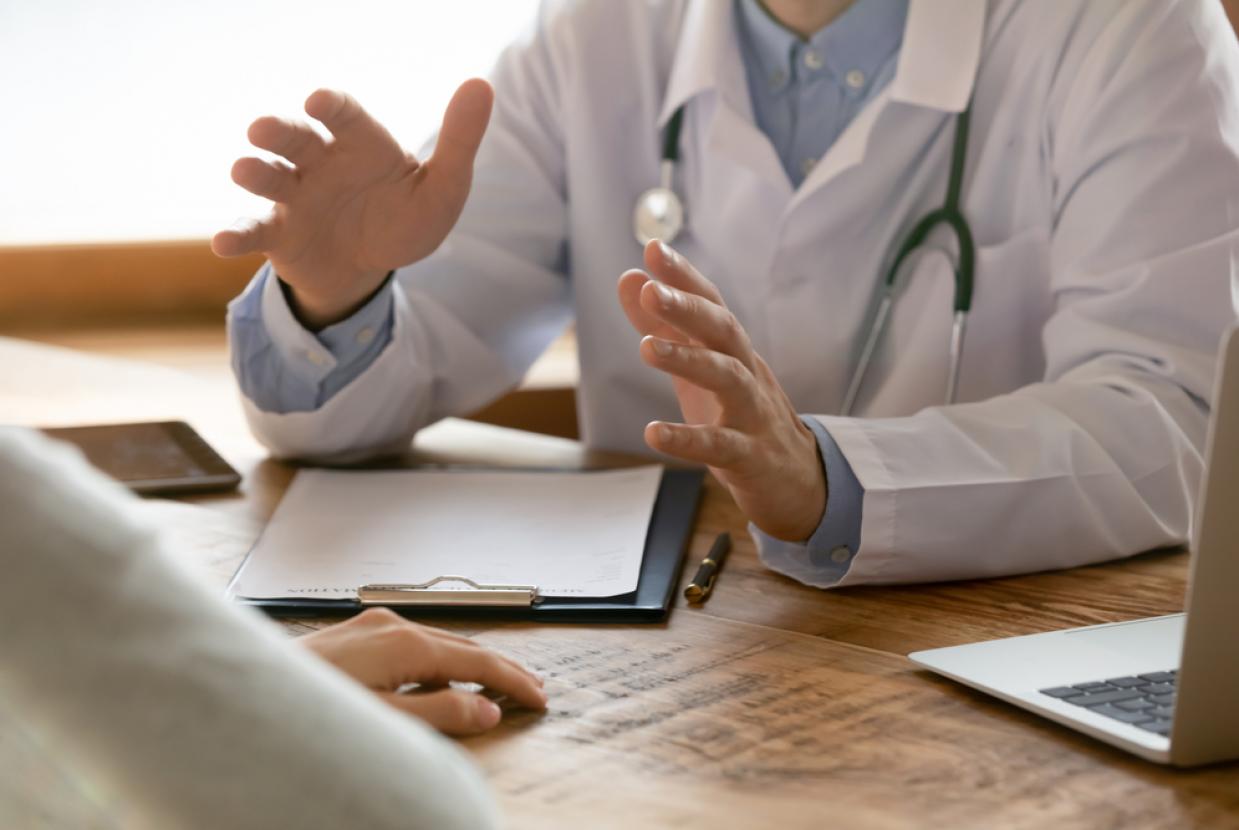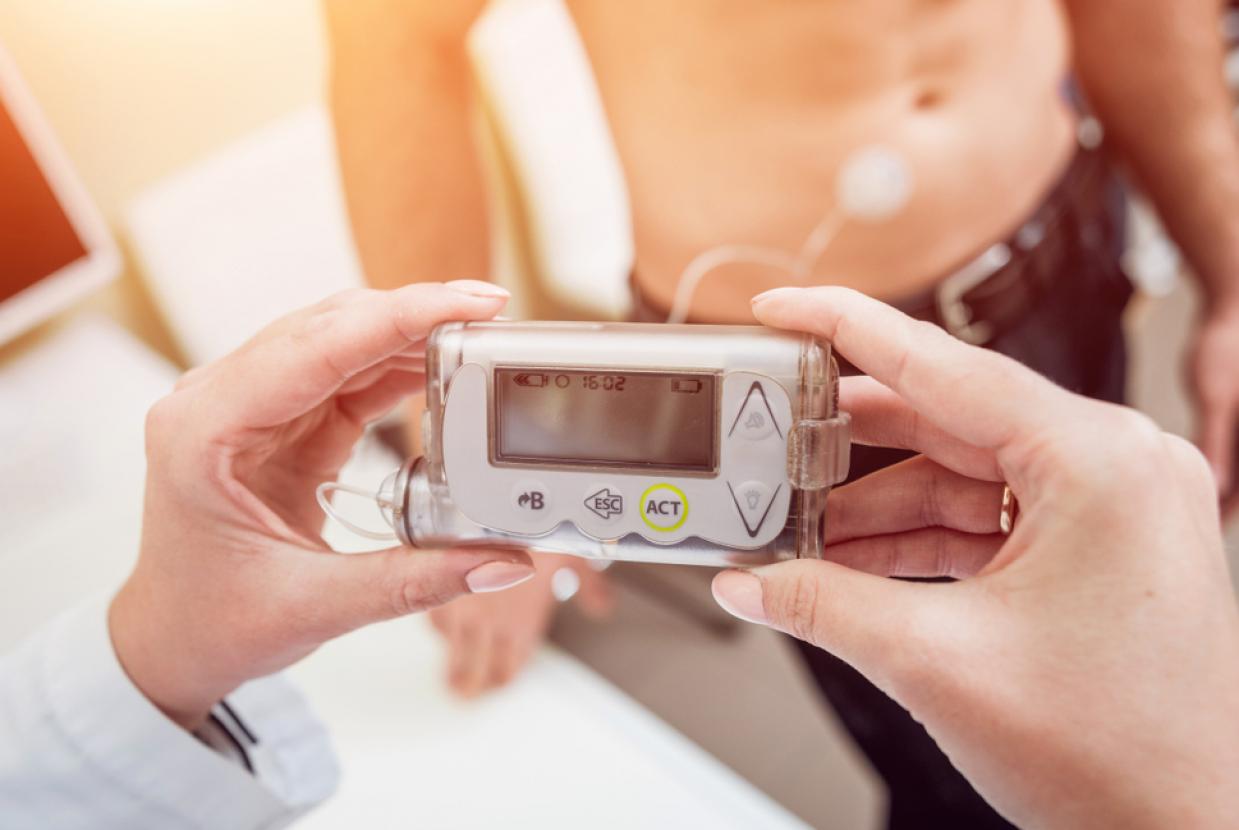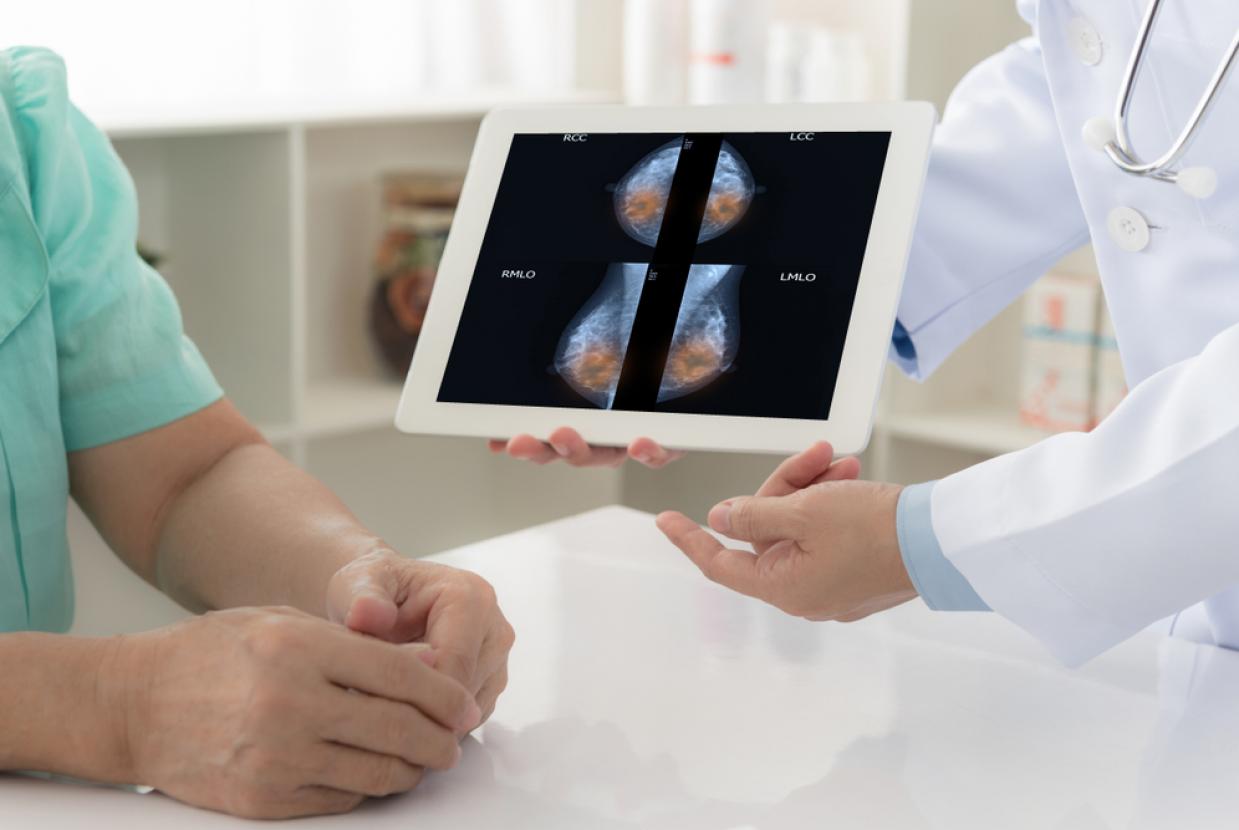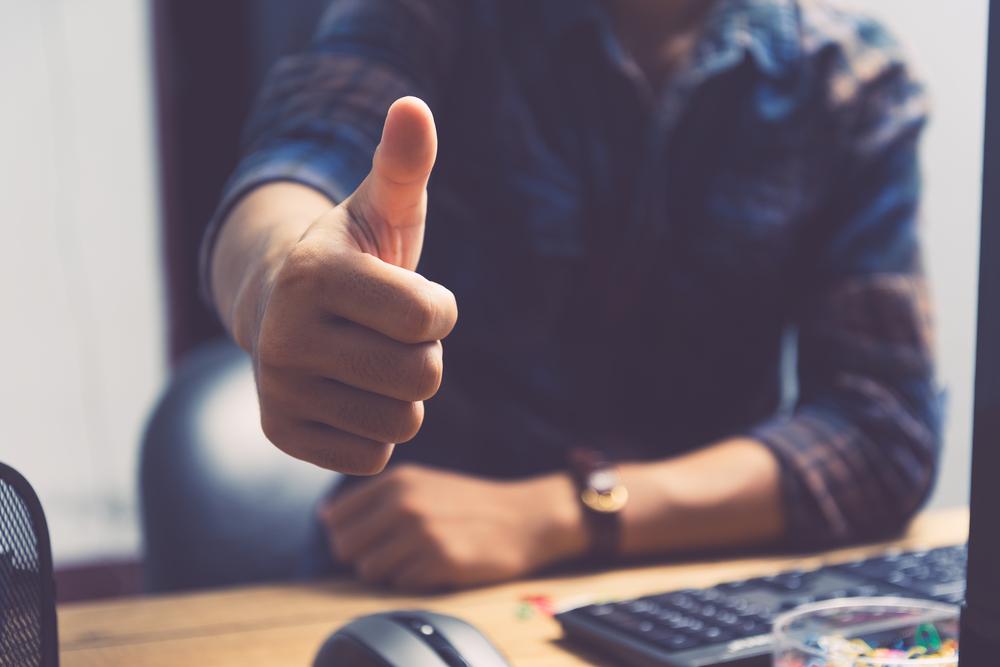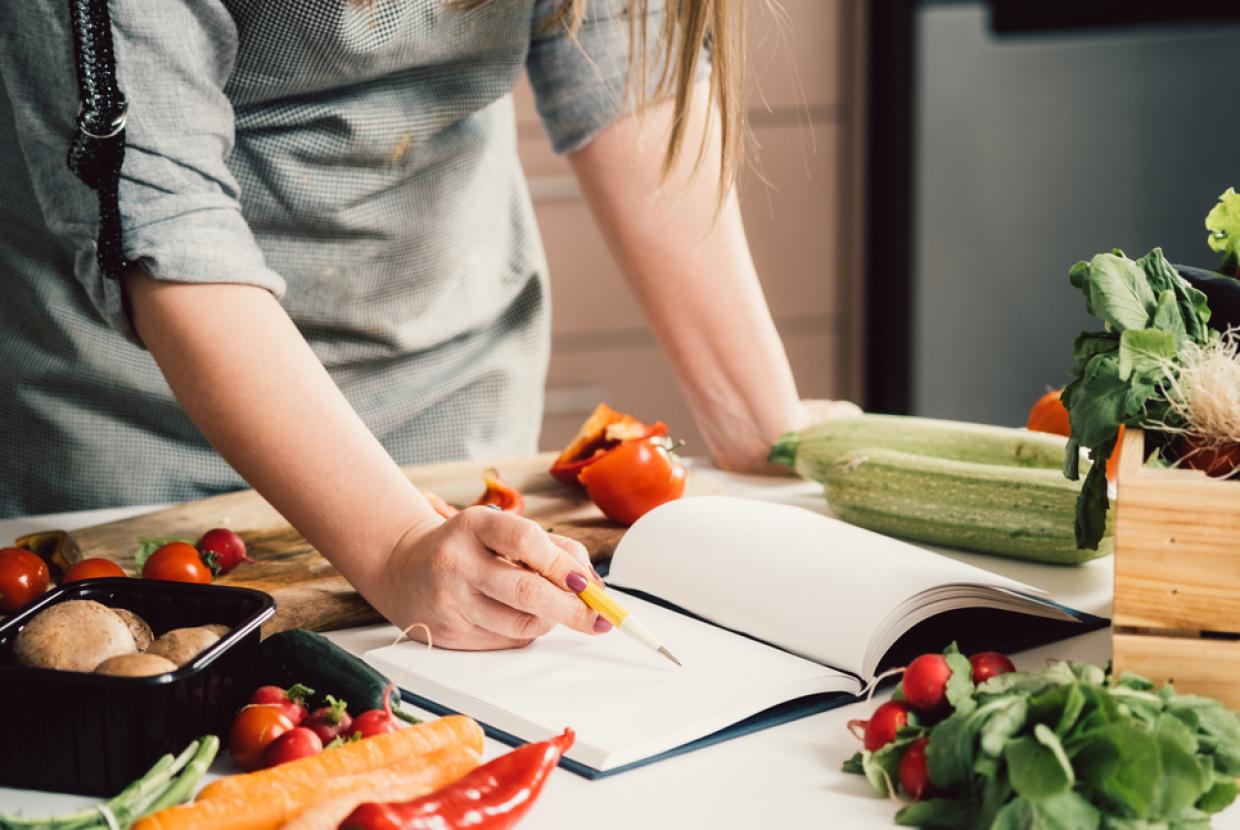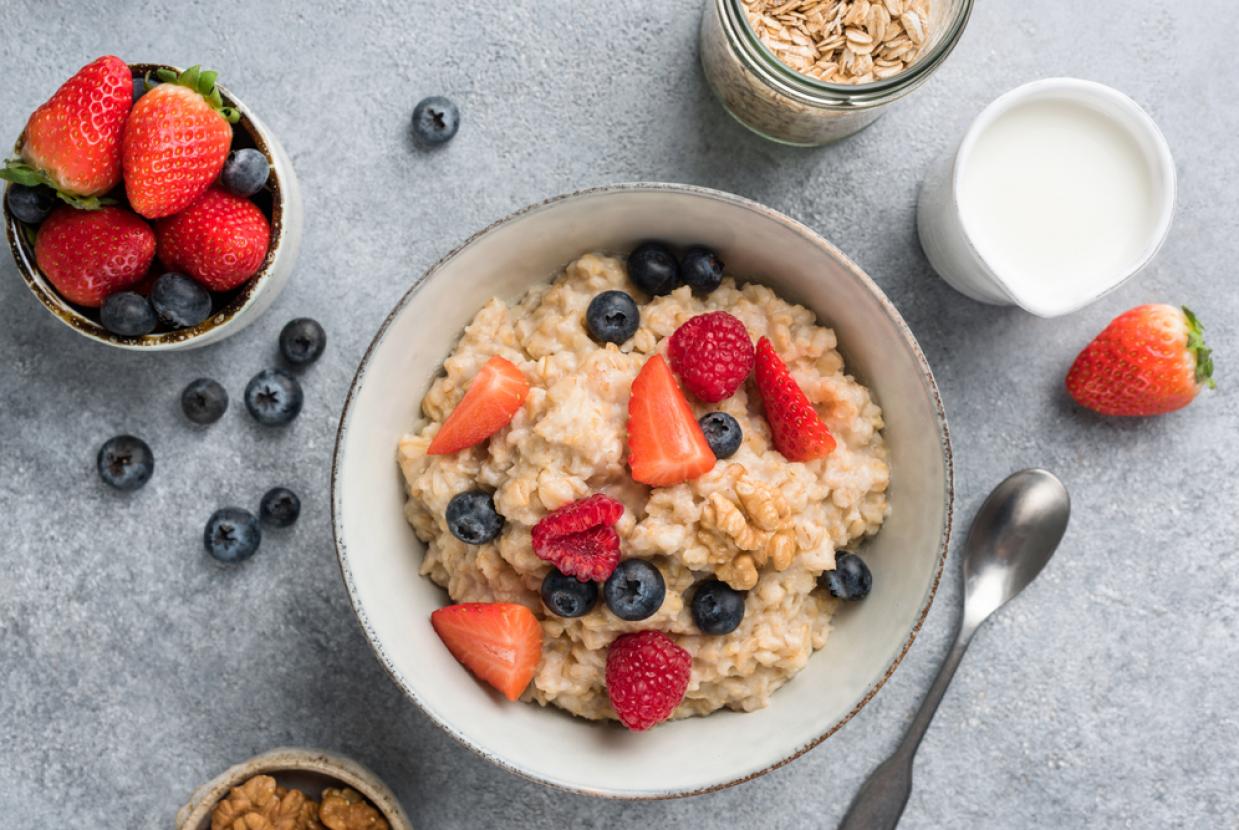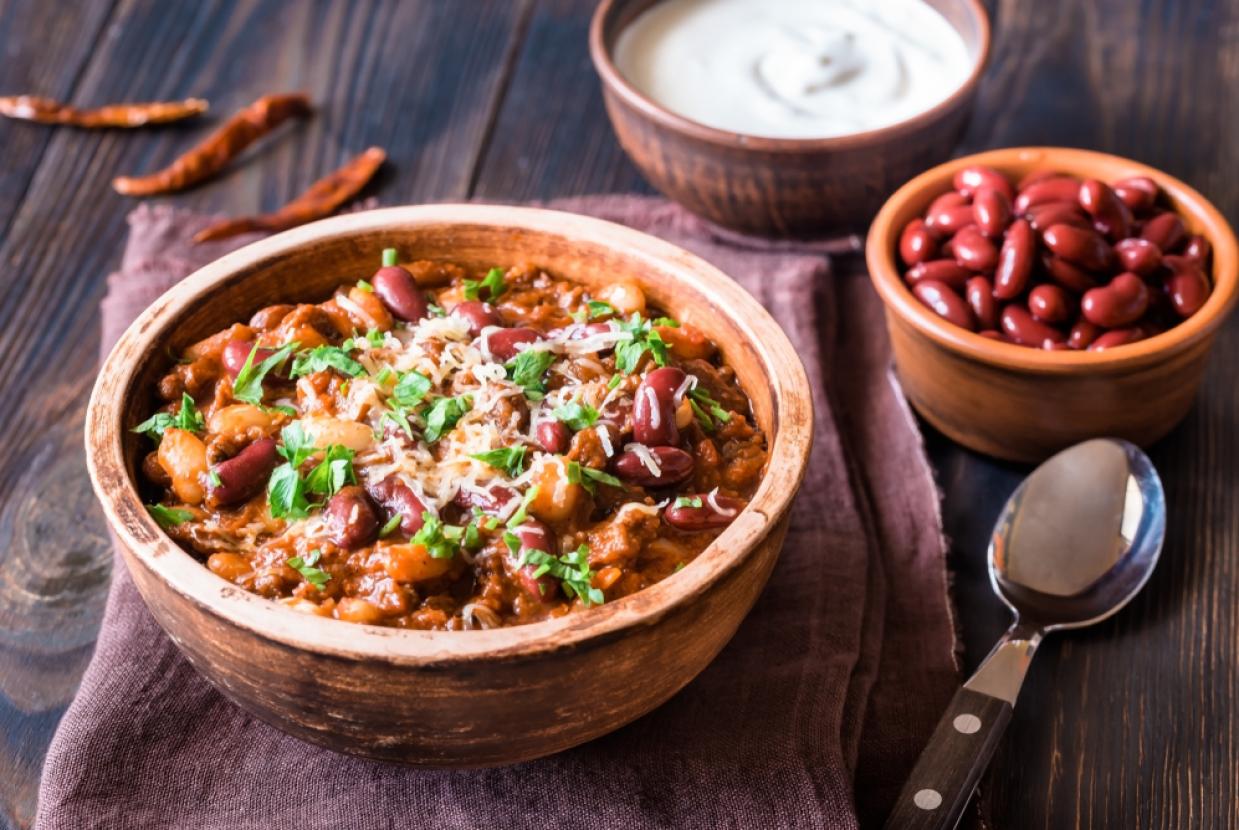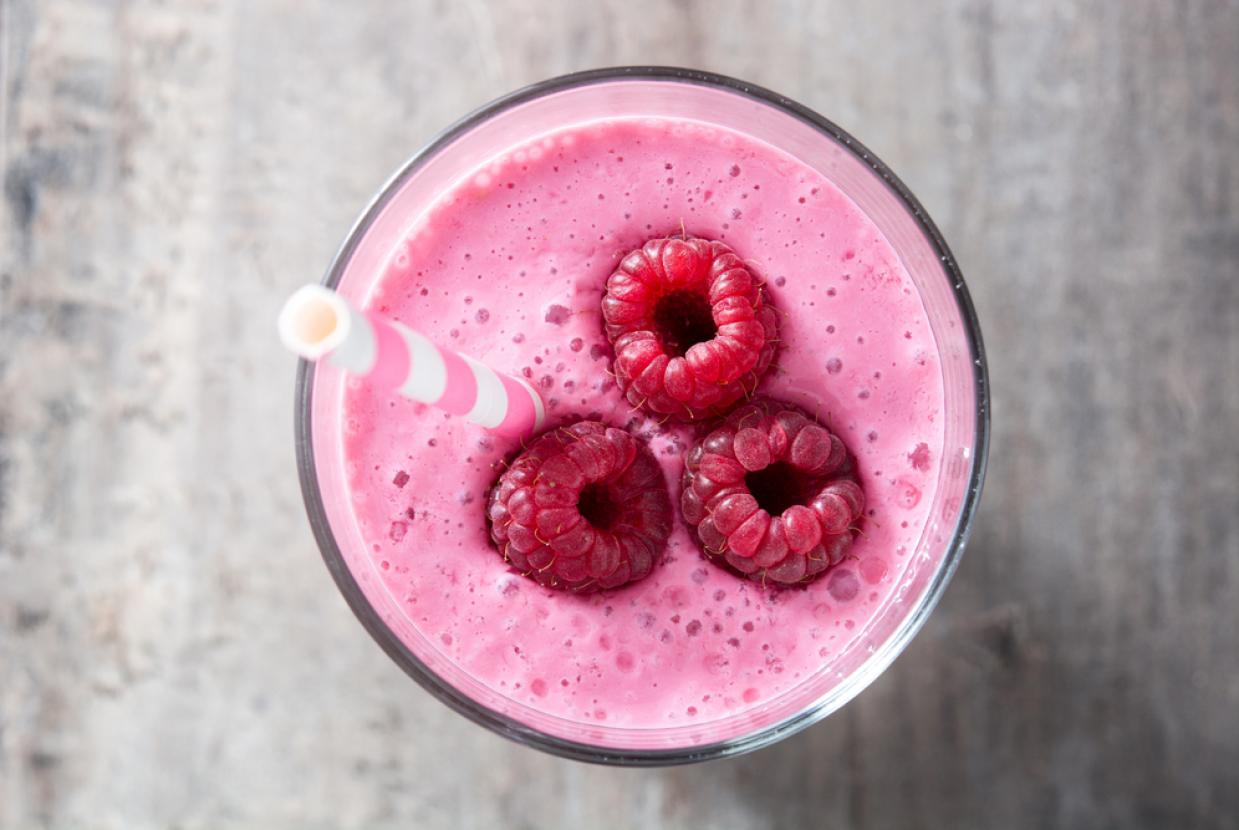Low blood sugar (hypoglycaemia)
Low blood sugar (hypoglycaemia or a hypo) is usually where your blood sugar (glucose) is below 4mmol/L. It needs to be treated quickly to stop it getting worse, but you can usually treat it yourself.
You can also have blood sugar that's too high. This is called high blood sugar (hyperglycaemia).
Symptoms of low blood sugar
Low blood sugar usually affects people with diabetes who take insulin or some other diabetes medicines. It's rare in people without diabetes.
Symptoms of low blood sugar can include:
- feeling hungry
- feeling dizzy
- feeling anxious or irritable
- sweating
- shaking
- tingling lips
- heart palpitations
- feeling tired or weak
- changes in your vision such as blurred vision
- feeling confused
If you have severe low blood sugar you may:
- have a seizure or fit
- become unconscious
Important: Checking your blood sugar
If you have diabetes and get any symptoms of low blood sugar, check your blood sugar if you can. If it's below 4mmol/L you'll need to take steps to treat it.
How to treat low blood sugar yourself
If you have diabetes and get symptoms of low blood sugar (a hypo) or your blood sugar is below 4mmol/L:
- Eat or drink something that will raise your blood sugar quickly, such as a small glass of fruit juice or sugary fizzy drink, 5 glucose or dextrose tablets, 4 large jelly babies, or 2 tubes of glucose gel.
- Check your blood sugar after 10 to 15 minutes.
- If your blood sugar is still below 4mmol/L, have another sugary drink or snack, and check again after 10 minutes.
- Once your symptoms have improved and your blood sugar is above 4mmol/L, eat something that will keep your blood sugar up for longer, such as some biscuits, a sandwich, or your next meal if it's due.
How to treat severe low blood sugar
If someone has very low blood sugar (a severe hypo) and becomes unconscious:
- Do not give them any food or drink as they will not be able to swallow safely.
- Put them into the recovery position.
- Give them a glucagon injection straight away, if one is available and you know how to use it.
- If they start to recover within 10 minutes of having a glucagon injection and can swallow safely, give them some food or drink that will raise their blood sugar.
- Stay with them until they're fully recovered.
To learn more about reducing your risk and the causes of low blood sugar - click here


